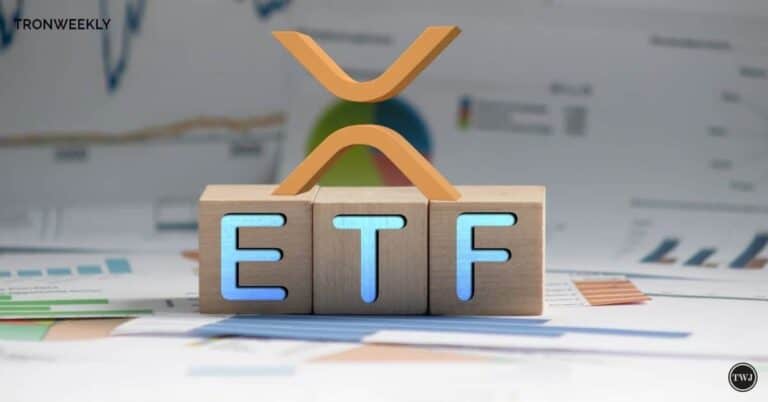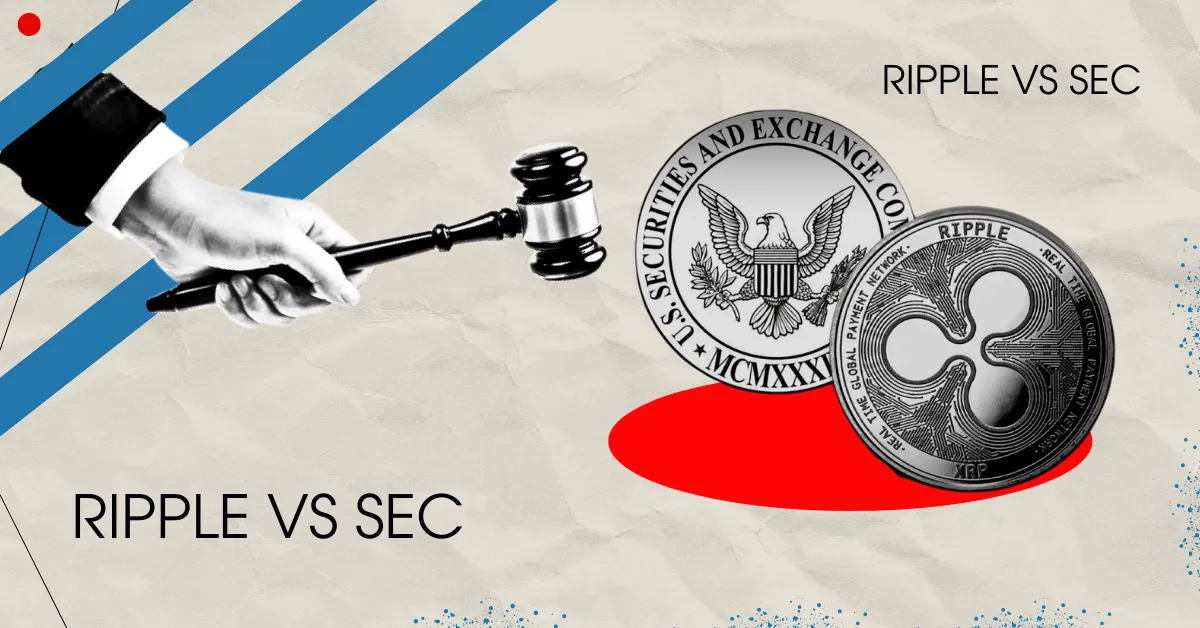Ripple And SEC Near Settlement: XRP's Commodity Status In Question

Table of Contents
The SEC's Case Against Ripple and XRP
The SEC's core argument rests on the assertion that XRP is an unregistered security. Their case hinges on the application of the Howey Test, a legal framework used to determine whether an investment constitutes a security. This test considers four key elements: an investment of money, a common enterprise, an expectation of profits, and profits derived primarily from the efforts of others.
The SEC contends that XRP sales constituted an unregistered securities offering, arguing that:
- Investors purchased XRP with the expectation of profit based on Ripple's efforts to increase XRP's value and adoption.
- A common enterprise existed between Ripple and XRP investors, as their fortunes were intertwined with the success of Ripple's business.
- Profits derived from investor contributions fueled Ripple's operations and further development of XRP.
- Ripple's actions, such as strategic partnerships and marketing campaigns, directly influenced investor expectations of profit.
Ripple's Defense and Arguments
Ripple vehemently denies the SEC's claims, arguing that XRP functions as a decentralized digital currency, not a security. Their defense rests on several key pillars:
- Decentralization: Ripple highlights XRP's operational independence from Ripple Labs, emphasizing that it's traded on numerous exchanges outside of Ripple's direct control.
- Lack of Investment Contract: Ripple argues there was no direct investment contract between the company and XRP purchasers. They claim XRP sales were primarily designed to facilitate transactions on their payment network.
- Utility and Functionality: Ripple points to XRP's use cases beyond investment, such as facilitating cross-border payments and powering its various technologies.
- Comparison to other Cryptocurrencies: Ripple's legal team has drawn parallels between XRP and other cryptocurrencies that haven't been deemed securities by regulators, implying a double standard in the SEC's approach.
Potential Outcomes of a Settlement and Their Impact on XRP
A settlement could take many forms, each carrying significant implications for XRP's price and market standing:
- SEC Concessions: The SEC might concede on certain points, acknowledging some aspects of XRP's decentralized nature.
- Financial Penalties: Ripple might agree to pay substantial fines to settle the lawsuit, avoiding a lengthy and expensive trial.
- Regulatory Clarification: A settlement could provide much-needed clarity on XRP's regulatory status, even if it's not fully favorable to Ripple.
- Market Impact: The outcome will undoubtedly impact XRP's price. A positive settlement could lead to a price surge, while a negative one could cause a significant drop. The ripple effects would extend beyond XRP, influencing investor sentiment towards other cryptocurrencies and potentially shaping future regulatory decisions.
The Broader Implications for Cryptocurrency Regulation
The Ripple vs. SEC case carries immense weight for the broader cryptocurrency industry. Its outcome will serve as a significant precedent:
- Setting Precedents: The decision will influence future legal challenges against other cryptocurrencies, shaping how regulators approach digital assets.
- Global Regulatory Impact: The case will impact regulatory frameworks worldwide, potentially inspiring similar actions or influencing the development of global cryptocurrency regulations.
- Investor Confidence: The outcome will heavily affect investor confidence, impacting investment flows into the cryptocurrency market as a whole.
- Market Clarity (or Confusion): A clear ruling could provide much-needed regulatory clarity, while an ambiguous outcome could exacerbate existing uncertainty and market volatility.
Conclusion: The Future of XRP and the Ripple Case
The Ripple and SEC case presents a critical juncture for the cryptocurrency market. The potential settlement carries significant implications for XRP's future and the broader regulatory landscape. The ongoing uncertainty surrounding XRP's commodity status underscores the need for clarity in the digital asset space. Stay updated on the latest developments in the Ripple vs. SEC case to understand how the final decision might impact the future of XRP and other cryptocurrencies. Follow our blog for further analysis and insights on XRP's commodity status and the evolving world of cryptocurrency regulation.

Featured Posts
-
 Xrp Price Surge Ripple Sec Case Update And Us Etf Prospects
May 01, 2025
Xrp Price Surge Ripple Sec Case Update And Us Etf Prospects
May 01, 2025 -
 Bartlett Fire Leaves Two Structures As Total Losses Under Red Flag Warning
May 01, 2025
Bartlett Fire Leaves Two Structures As Total Losses Under Red Flag Warning
May 01, 2025 -
 Dallas Priscilla Pointer Her Life And Legacy
May 01, 2025
Dallas Priscilla Pointer Her Life And Legacy
May 01, 2025 -
 Israeli Forces Detain Palestinian Journalist West Bank Raid
May 01, 2025
Israeli Forces Detain Palestinian Journalist West Bank Raid
May 01, 2025 -
 Investigation Launched Into Alleged Million Pound Giveaway Misuse By Michael Sheen And Channel 4
May 01, 2025
Investigation Launched Into Alleged Million Pound Giveaway Misuse By Michael Sheen And Channel 4
May 01, 2025
